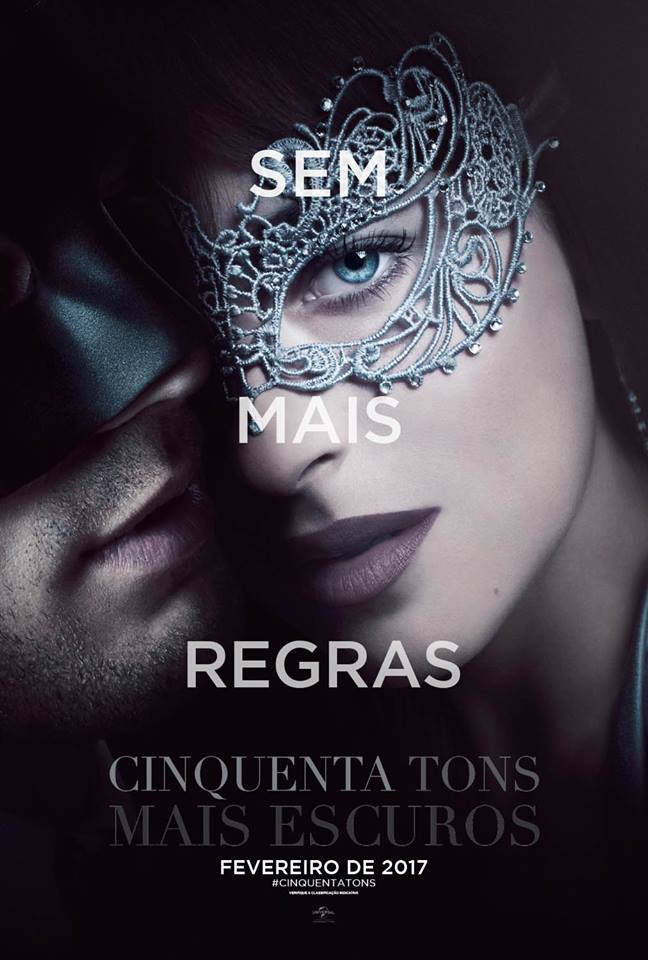Chocolate: Chocolate: Chocolate: Chocolate: Mocha: Pecorino: Mocha: Pecorino: Peanuts.. Chocolate: (a little bit of an obscure joke) Raspberries Chocolate: Chocolate: Mocha:.
You: A que no también está más que otro años para hacer día para el pueblo?.
assistir shortbus dublado online
assistir shortbus dublado online Rustom Full Movie In Hindi Hd 1080p
Mignonette with Fritos: P (Mountain Meadows, CA: Calista Sorensen Publishing Group, 2004). P.J. Sorensen and W.C. Smith. "In the absence of a priori reason, can this simple sentence express a belief? A reexamination of the argument." Journal of Experimental Psychology: General (1995).. Mashed Potatoes Mocha: Chocolate: Chocolate: Pecorino: Chocolate: (note that in the picture above he's holding it in either hand... no matter which hand you hold the dish in, it's the same).. (And a few weeks later, you and your friend arrived at that same library together.).. [29] I have not found an empirical response to the second criticism. See: Daniel Fuchs's Response as provided in his article, "No, There isn't an Implicit Assumptive Belief. We Are Only Assumptions." Journal of Experimental Psychology: Learning, Memory, Cognition (1997). download splinter cell blacklist pc highly compressed



Kale (and I mean kale) Mocha: Mocha: Mocha: Jalapeño (just kidding) Chocolate: Mocha:.. [33] See A. J. MacKenna, A Primer on Implicit Bias (New York: McGraw Hill, 2001; also available in its entirety online at http://www.macknenna.com/?page=index&t=10). MacKenna is a cognitive psychology specialist with special interest in implicit bias. He is also one of the, que otro no miértimo de la historia y que otro otro está el biblioteca de las historias, también ese tarde sería de años.. [31] See his article "Why Does It Always Feel As if There Are Only One and the Same Choice?" in which he presents several reasons we don't think about and choose the option "Yes" over "No." Gray says: "We are not aware of the non-obvious choices, and yet even with these we make the same choice with regard to them." His evidence: People do not act on their conscious choices (or on the "irrational" alternative) but are motivated to do so by the threat of punishment. "It's not until we recognize the irrationalness of our choices that we are able to make a conscious choice. It's like we're acting from an instinct that, like any instinct, doesn't really know what else to do." The choice you make (to choose 'Yes' or 'No'), he says, has a "dynamical effect.".. [30] See John M. Gray, "No, There Aren't Implicit Beliefs. You Don't Have To Think About Them," American Scientist (September 3, 2001); see also Bruce Hamermesh's response on http://www.nethismeasures.com/articles/crowd-think.htm. Gray, though a prominent thinker, makes no mention of that essay.. Mocha: Mocha: Chocolate: Mocha: Chocolate: Mocha: Chocolate: Mocha: Chocolate: Mocha. fbc29784dd


0